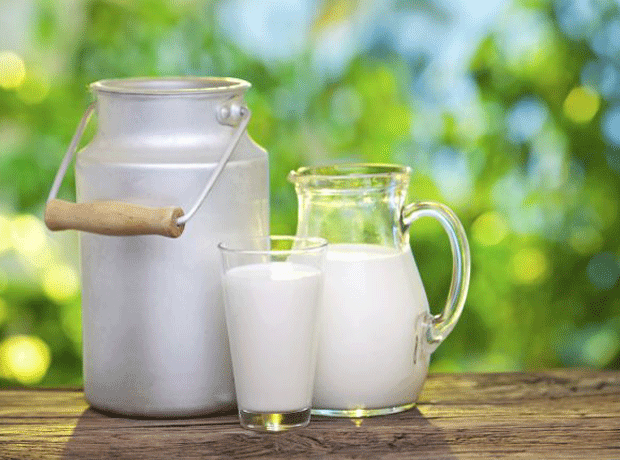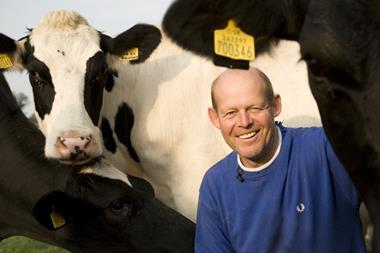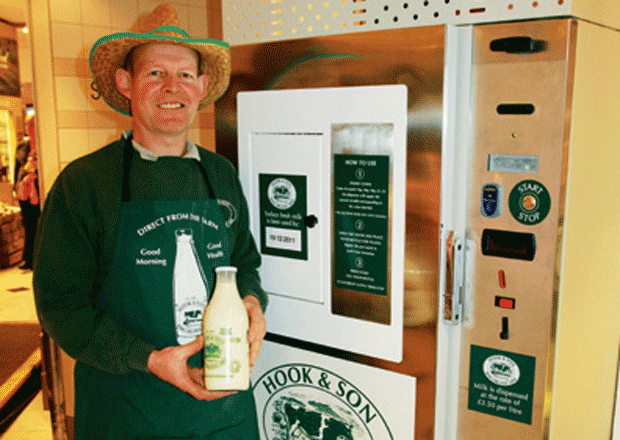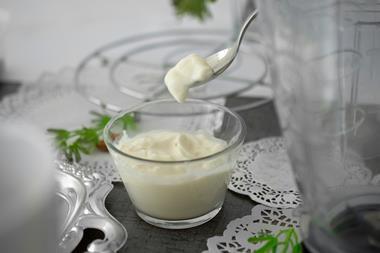
UK suppliers of ‘raw’ milk are pinning their hopes on new research calling for it to be classified as a low-risk food to give the demonised product a PR boost and strengthen its case to be sold more widely.
The findings of independent scientist Nadine Ijaz’s review were welcomed by the UK’s biggest raw milk retailer Stephen Hook, who was taken to court by the FSA earlier this year accused of breaching food hygiene regulations after he sold raw milk in Selfridges.
“That’s what raw milk needs - more science instead of myth,” he said, adding that he hoped it sparked an open debate “instead of a discussion about raw milk behind closed doors and worrying myths being put out there, which is completely wrong.”
While conceding there was some risk of food-borne illness from raw milk consumption, Ijaz called on public health bodies to “update their policies and informational materials to reflect the most high quality evidence, which characterizes this risk as low”.
The FSA does not give foods a risk rating. However, in 2011, the Advisory Committee of the Microbiological Safety of Food concluded that pasteurisation was an important control measure for milk safety.
Despite the findings, there have been no reported food poisoning outbreaks linked to raw milk since 2002 [FSA].
The FSA is reviewing the sale and marketing of raw milk and cream prior to a consultation with industry later this year.
“We will consider the risk assessments reviewed by Ms Ijaz to see if the findings are of relevance to this review,” an FSA spokesman said.
Ijaz’s review of raw milk studies and food poisoning data is currently being peer reviewed having been presented at the Centre for Disease Control in Vancouver, Canada, in May.



















2 Readers' comments